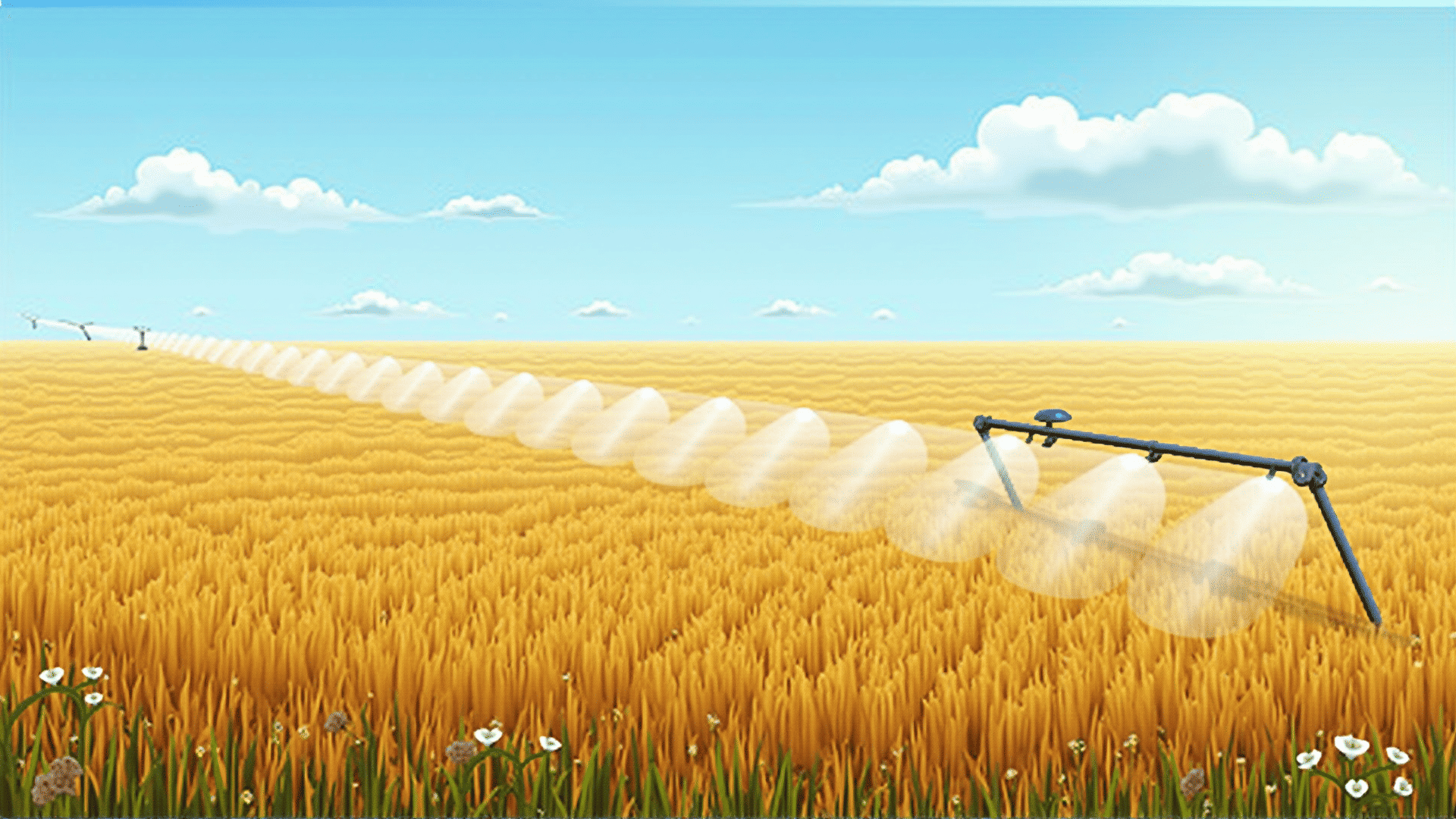As the global population continues to rise, the demand for food is reaching unprecedented levels. To meet this challenge, farmers are constantly seeking ways to enhance their crop yield while maintaining environmental sustainability. Enter EcoFarm, a pioneering initiative that blends traditional wisdom with cutting-edge technology to transform agricultural practices.
At the heart of EcoFarm's approach is precise irrigation, an innovative technique aimed at optimizing water use, which is one of the most critical resources in farming. Traditional irrigation methods often lead to water wastage and can adversely affect the soil and its micro-ecosystems. However, EcoFarm employs advanced sensors and data analytics to ensure that water is delivered exactly when and where it is needed. This not only maximizes water efficiency but also reduces runoff and erosion, safeguarding the land for future generations.
In addition to precise irrigation, EcoFarm emphasizes organic farming methodologies. By shifting away from synthetic chemicals, EcoFarm prioritizes the use of natural fertilizers and pest control systems. This approach fosters healthier soil, promotes biodiversity, and enhances the nutritional value of crops. Organic farm practices can also help in sequestering carbon, thus playing a significant role in mitigating climate change.
One of the key components of EcoFarm's strategy is the integration of cover cropping. This practice involves planting certain crops that naturally enrich the soil with nitrogen and prevent weed growth during the off-season. Cover crops like clover and vetch not only improve soil fertility but also prevent soil erosion and enhance its moisture retention capacity. Consequently, this translates into higher crop yields without the adverse effects associated with chemical fertilizers.
EcoFarm’s dedication to maximizing crop yield also includes embracing agroforestry, a symbiotic model that combines agriculture with tree cultivation. Trees act as windbreaks, securing the crops from potential weather-induced damage. Moreover, they provide shade and reduce evaporation, an essential aspect in water-scarce regions. By integrating trees with crops, farmers create a more resilient agricultural ecosystem that is beneficial for both crop yield and environmental health.
Education and training are also key facets of EcoFarm's success. Farmers are provided with workshops and resources to adopt these innovative techniques. By empowering farmers with knowledge, EcoFarm ensures that these sustainable practices are not only implemented but are also adapted to suit local conditions and crop types. This collaborative effort has led to stronger agricultural communities and more robust food systems.
Moreover, EcoFarm is committed to continuous innovation and research. The organization works closely with agricultural scientists to develop new crop varieties that are resistant to pests and diseases and can thrive under varying climatic conditions. Through field trials and research partnerships, EcoFarm is constantly refining its methods to ensure they are practical, scalable, and effective.
In conclusion, EcoFarm represents a beacon of hope in the quest for sustainable agriculture. By leveraging precise irrigation, organic farming methodologies, and fostering a community of informed farmers, EcoFarm is paving the way toward maximizing crop yields while safeguarding our planet. As these practices gain momentum, we can look forward to a future where food security is assured, and the needs of both people and the environment are harmoniously met.
